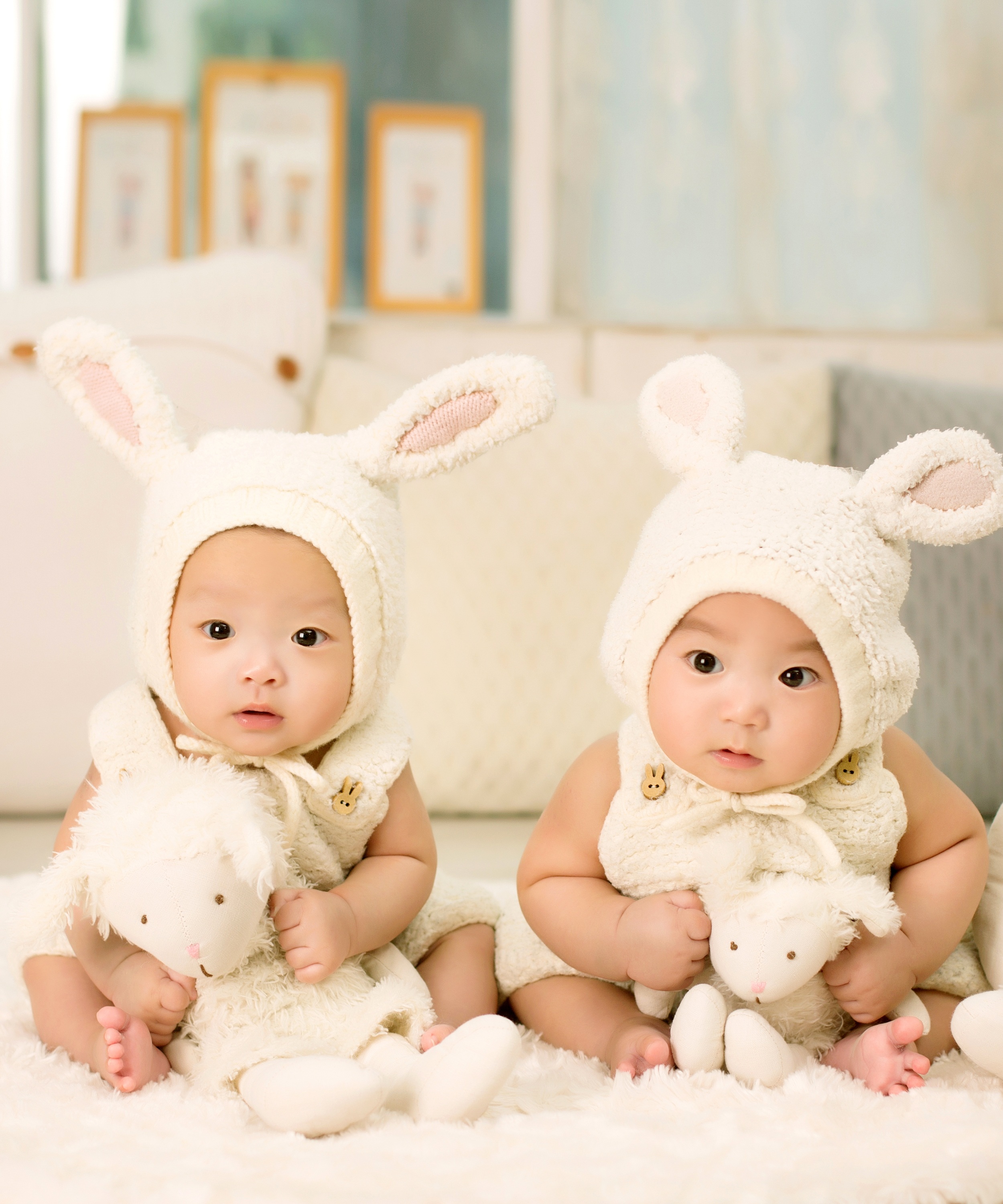Twenty-month-old infants communicate their uncertainty in a nonverbal way, according to a study published in PNAS carried out by the Cognitive science and Psycholinguistics Laboratory of French The National Centre for Scientific Research (CNRS), which has examined the development of metacognition, the ability to observe and regulate our own cognitive processes.
“A very common example of this process is the ability to monitor our decisions: after having taken a decision, we are able to identify our own errors. We trust our decisions after a correct answer,” explains Louise Goupil, main author of the study, when defining metacognitive sensibility.
Until now, studies had documented a late development of this ability, which has been study mainly by asking infants about their decisions. In these kind of situations, broadly speaking, infants have had difficulties in monitoring their own decision. “Infants tend to overestimate their own acts, that is to say, they are able to say that they have answer well even when they have made a mistake”, highlights the researcher. On the basis of this verbal relation, it has been suggested for a long time that children under six years of age do not have or have little metacognitive sensibility.
Researchers, informs Tendencias 21, through the press note of Sinc, carried out an experiment with 80 twenty-month-old infants. These infants had to remember the location of a toy that had been hidden under a box. After an interval of 3-12 seconds, the infants were asked to point one of the two boxes to indicate where they thought the toy was hidden. In some tests, the toy was positioned behind a curtain, what made it impossible to know where the toy was.
The results show that infants ask for help to avoid making mistakes. Furthermore, “when it is impossible to know the position of the object or when the time for memorising is longer, infants ask for help more often,” says Goupil. These results demonstrate that infants are able to successfully monitor their own uncertainty and share this information with others to fulfill their goals.
“A very common example of this process is the ability to monitor our decisions: after having taken a decision, we are able to identify our own errors. We trust our decisions after a correct answer,” explains Louise Goupil, main author of the study, when defining metacognitive sensibility.
Until now, studies had documented a late development of this ability, which has been study mainly by asking infants about their decisions. In these kind of situations, broadly speaking, infants have had difficulties in monitoring their own decision. “Infants tend to overestimate their own acts, that is to say, they are able to say that they have answer well even when they have made a mistake”, highlights the researcher. On the basis of this verbal relation, it has been suggested for a long time that children under six years of age do not have or have little metacognitive sensibility.
Researchers, informs Tendencias 21, through the press note of Sinc, carried out an experiment with 80 twenty-month-old infants. These infants had to remember the location of a toy that had been hidden under a box. After an interval of 3-12 seconds, the infants were asked to point one of the two boxes to indicate where they thought the toy was hidden. In some tests, the toy was positioned behind a curtain, what made it impossible to know where the toy was.
The results show that infants ask for help to avoid making mistakes. Furthermore, “when it is impossible to know the position of the object or when the time for memorising is longer, infants ask for help more often,” says Goupil. These results demonstrate that infants are able to successfully monitor their own uncertainty and share this information with others to fulfill their goals.



 English
English



